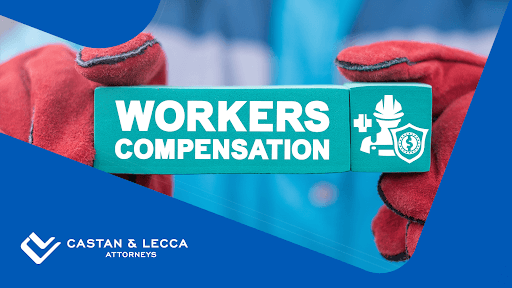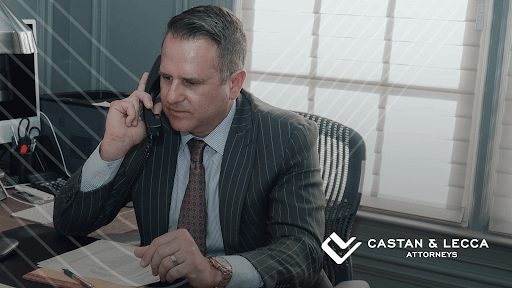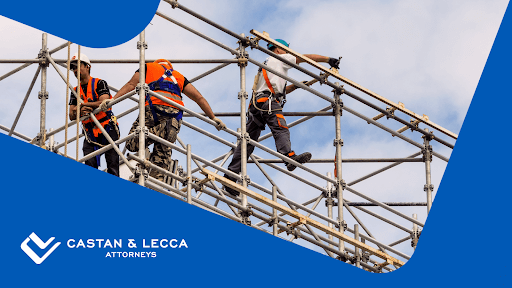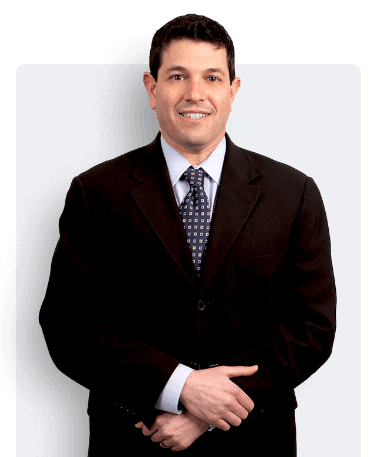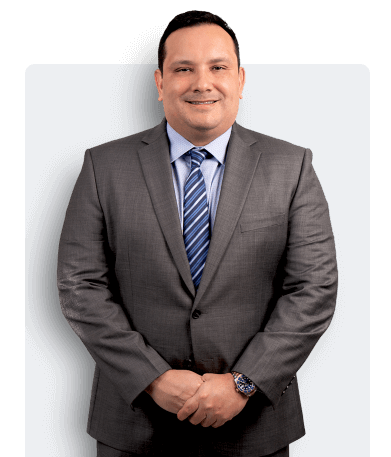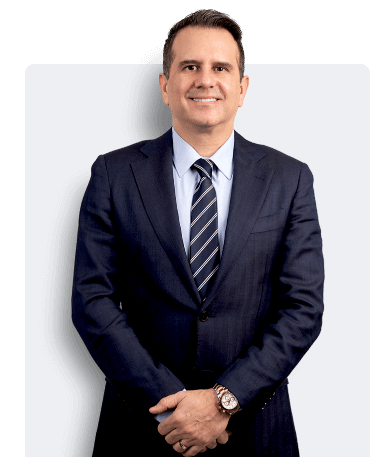Accepting the First Compensation Offer: Wise or Risky?
Accepting the First Compensation Offer: Wise or Risky?

When it comes to accidents involving personal injuries, receiving a compensation offer from an insurance company can feel like an immediate relief. However, the decision to accept that first offer can have consequences that some might not realize.
At Castan, Lecca & Boeschen, experts in personal injury and compensation claims, we understand the complexity of these situations and how to handle them to achieve superior results.
The Temptation to Accept the First Offer

Often, insurance companies seek to close cases quickly by offering an initial compensation that may seem fair at first glance. However, these initial offers rarely reflect the true value of the claims, especially when all injuries and damages have not been fully evaluated.
Accepting the first compensation offer can result in the loss of rights to future claims related to the accident. For example, if injuries worsen over time or require additional treatments after accepting the offer, the additional costs will fall on the affected person, not the insurer.
When calculating the appropriate compensation claim after an accident, it is crucial to consider several components that can affect the final value of the claim. Here are the most important elements:
- Current and Future Medical Expenses: Includes all medical costs directly related to the treatment of the accident, from hospital visits and medications to future rehabilitation therapies that may be needed.
- Loss of Income: Compensates for lost income if the accident prevents you from working in the short or long term. This includes lost wages and benefits, as well as future earning capacity if the injury results in a permanent disability.
- Property Damage: Includes the repair or replacement of any property damaged during the accident, such as your vehicle.
- Pain and Suffering: These damages are more subjective and cover the physical and emotional trauma suffered, which cannot always be easily quantified in monetary terms.
- Legal and Extra Costs: Additional expenses arising from the accident, such as legal fees, transportation costs to medical treatments, or home adaptations in case of severe disabilities.
At Castan, Lecca & Boeschen, our personal injury lawyers are prepared to help evaluate and calculate all aspects of compensation claims, ensuring that each client receives what they truly deserve, even if you are undocumented. We have the experience and resources necessary to handle the complexities of each case.
The involvement of a personal injury lawyer is crucial. Lawyers are equipped to adequately assess the extent of damages and have the necessary experience to negotiate with insurers.
In our firm, we understand the tactics that insurance companies employ and have the knowledge and experience to counteract them. Our focus is to ensure that each client understands the implications of any compensation offer and receives the fair amount they deserve through a detailed plan that includes:
- Comprehensive Evaluation: Before considering any offer, we conduct a complete evaluation of the injuries and damages to understand the full extent.
- Informed Negotiation: We use our experience and knowledge to negotiate terms that truly compensate our clients for their short- and long-term losses.
- Legal Representation: If negotiations do not result in a fair offer, we are prepared to take the case to trial to ensure our clients’ rights are respected.

Accepting the first offer from an insurer is rarely the best option. At Castan, Lecca & Boeschen, we strive to ensure our clients understand their rights and receive the maximum possible compensation claim. If you have been involved in an accident, we invite you to call us before making any decisions. 678-825-3611


